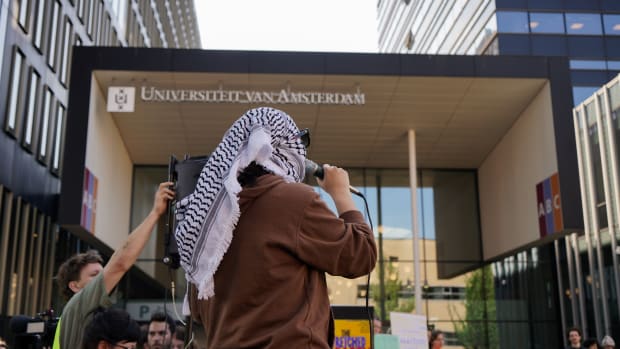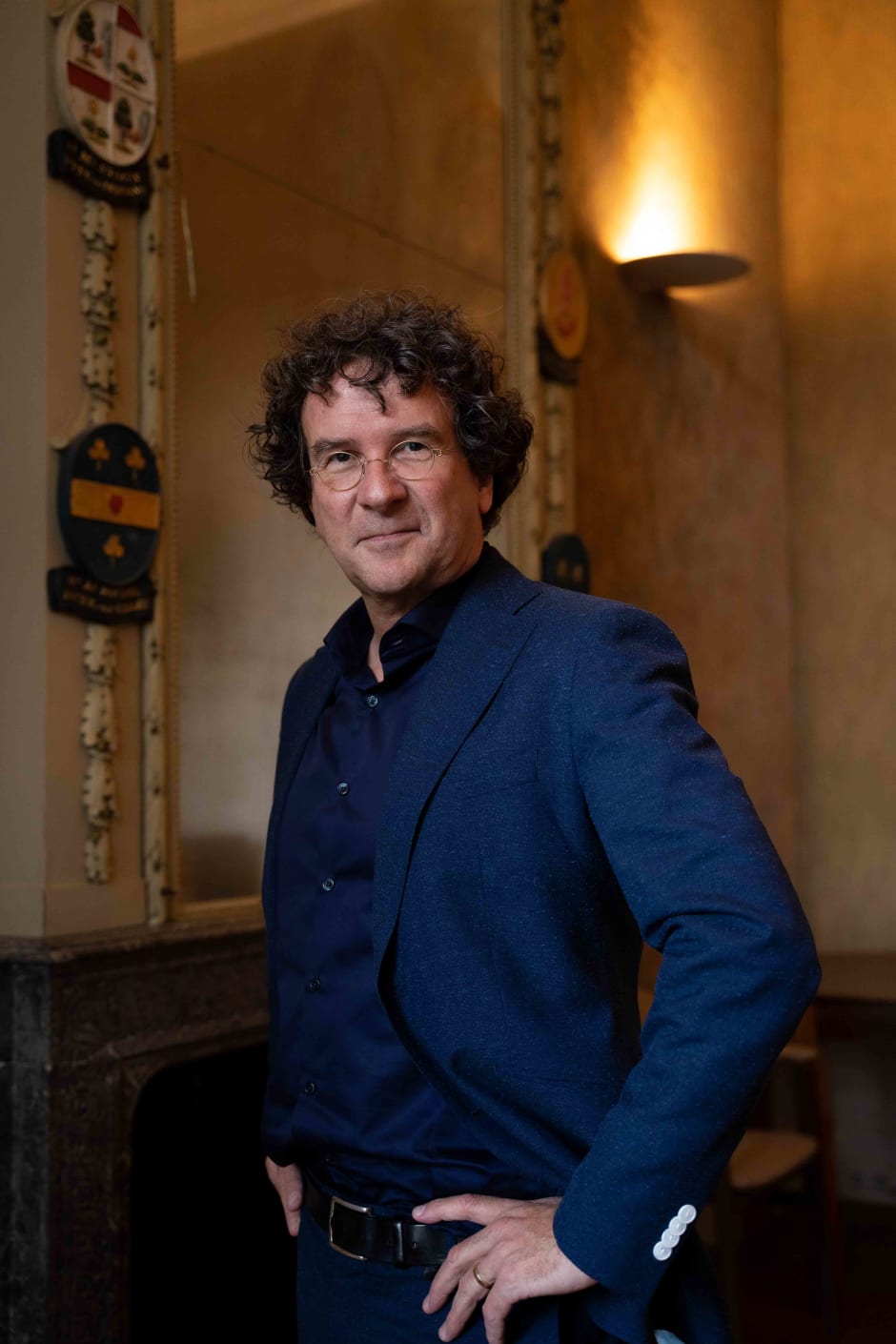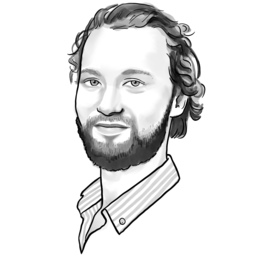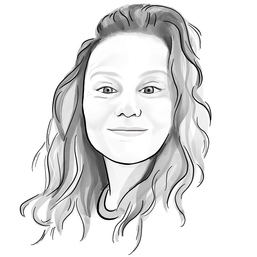
House of Representatives calls for compulsory identification at universities, UvA not in favor
After the disturbances at the UvA in recent weeks, the House is calling for compulsory identification at universities. UvA rector Peter-Paul Verbeek would prefer not to start. 'That would break with the open culture that the university has and wants to keep.’
There was also a debate in the House at the end of April where this proposal was discussed. At that time this was following an alleged increase in anti-Semitism at universities and colleges. A motion by BBB MPs Caroline van der Plas and Claudia van Zanten to implement it ‘for as long as necessary’ received a large majority in the House. But afterwards little was done with it by the cabinet.
On Tuesday, Mariëlle Paul, who has also replaced Robbert Dijkgraaf as outgoing Minister of Education, Culture, and Science, promised to discuss this with education boards this week, as it is ultimately their responsibility to take adequate measures, the minister said.
The topic has become urgent after a week and a half of charged pro-Palestine demonstrations on and around UvA buildings. The university has since announced that it will no longer negotiate with protesters wearing face coverings. Earlier the university had entered into negotiations with masked activists as a last resort to prevent further escalation, rector Peter-Paul Verbeek said in Nieuwsuur. By now, that stage has passed.
Havoc
A group of masked activists was particularly prominent during the demonstration in the ABC building on the Roeter Island campus. The group, dressed in black, some even with taped shoes, wreaked havoc on the sixth floor, smashing TV screens in the hall and vandalizing the cafeteria. It is still unclear whether these were UvA students or activists from outside the university.
Despite this, Rector Verbeek stated in a press conference Wednesday morning that he does not support compulsory identification. ‘It would be very sad if that had to happen,’he said. ‘It breaks with the open culture that the university has and wants to keep. We hope that won't happen.’
Meanwhile, several major parties, including the union FNV and the Promovendi Netwerk Nederland, have also drawn up a petition addressed to Robbert Dijkgraaf to oppose compulsory identification at universities. They say compulsory identification runs counter to academic freedom, the right to demonstrate, the right to association and assembly, freedom of speech, and the safety of staff and students.

In addition, the parties argue that the minister should oppose harsh Hague rhetoric surrounding the demonstrations, disciplinary measures against demonstrators, and police deployment on campus.
No question of resignation
The UvA stepped up security around university buildings in the coming days in hopes of enforcing the university's house rules. However, those security guards have no right to intervene if a building is occupied. In that case, the UvA must report the incident to the police, after which the police and mayor decide.
According to College President Geert ten Dam, there is no question of a possible resignation. ‘The Central Works Council has declared that it has unanimous confidence in the CvB.’ Earlier, the Central Student Council stated that it had no confidence in the Executive Board, but the university administration says it has had no official notice.
With the cooperation of Dirk Wolthekker


